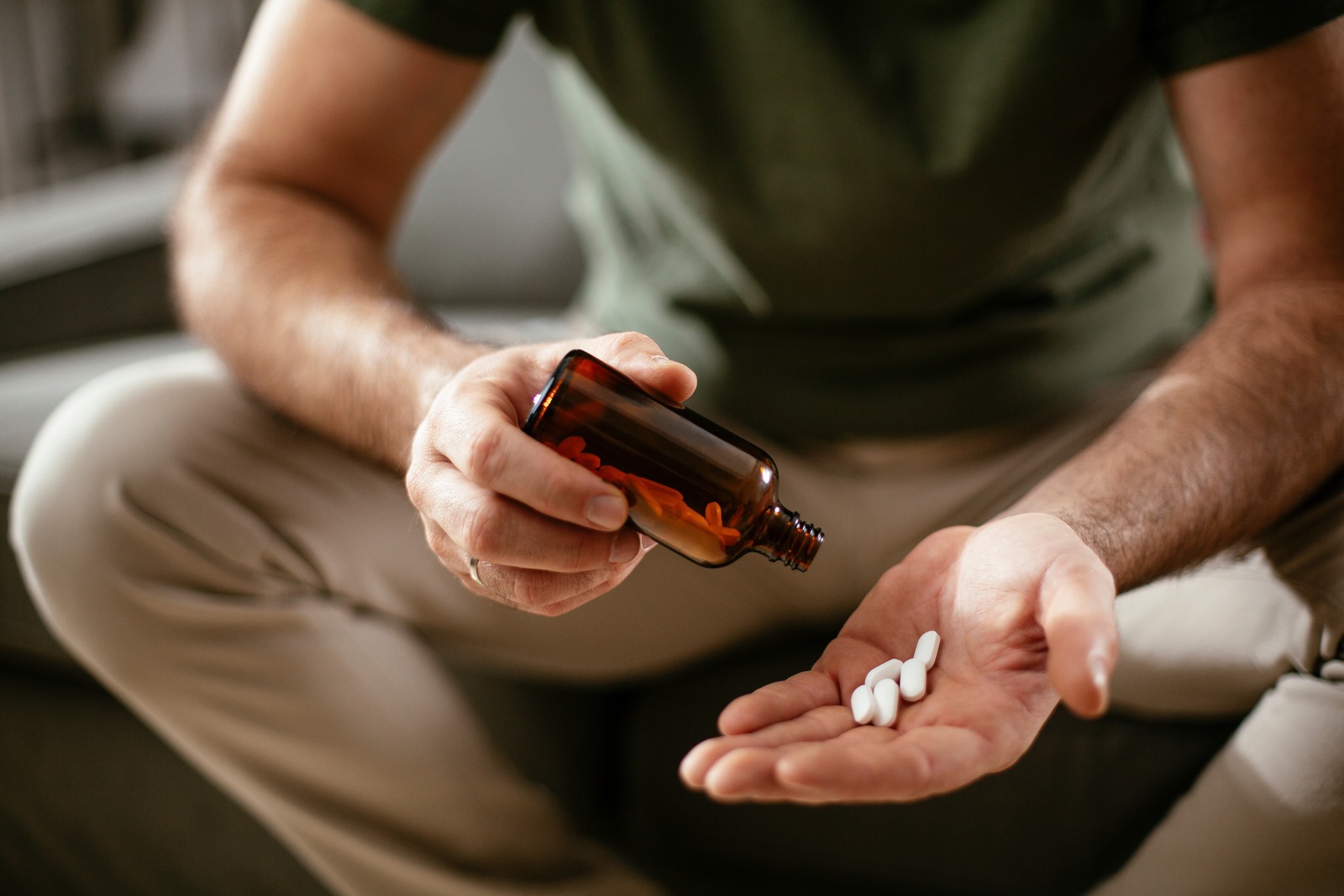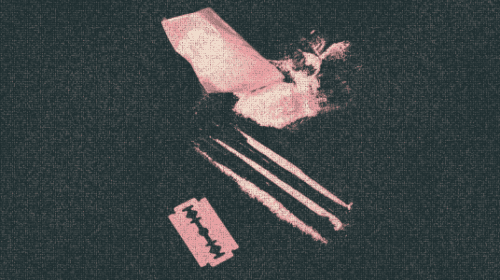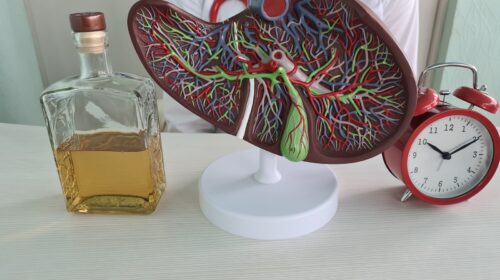Trazodone is a serotonin receptor antagonist and reuptake inhibitor (SARI) used to treat major depressive disorder, anxiety disorders, and sleep disorders. It’s only available by prescription, but it is not a controlled substance.
If you’re prescribed trazodone to treat a mental health condition, or it’s part of your addiction treatment, here’s everything you need to know.
What Is Trazodone?
Trazodone is a prescription SARI that works on the chemicals and chemical receptors in the body to ease depression. While it’s not a true member of the selective serotonin reuptake inhibitors (SSRIs), it shares many similar properties.
It is approved by the FDA as a treatment for major depressive disorder and is commonly prescribed off-label for anxiety disorders and insomnia.
Trazodone works by increasing the amount of serotonin in the brain, which can positively affect sleep, mood, pain, and other conditions.
Is Trazodone a Controlled Substance?
No, trazodone is not a narcotic or controlled substance. Controlled substances include prescription drugs that are regulated due to their potential for abuse and dependence, as well as certain illegal drugs.
Each of these drugs is categorized into different schedules that indicate their medical use and potential for abuse.[1] Schedule I indicates no medical use and the highest potential for dependence, while Schedule II, II, IV, and V have increasing medical uses and decreasing addictive potential. Schedule V drugs have accepted medical uses with the lowest potential for abuse.
Trazodone is not a controlled substance or a drug with potential for abuse because studies have not shown people who take trazodone are likely to abuse the drug or display drug-seeking behavior.
That said, the potential for abuse and dependence on trazodone has not been well-researched, especially with off-label use. Other drugs used to treat insomnia, such as benzodiazepines and non-benzodiazepine hypnotics, do have a high risk for dependence.
It’s important to take trazodone as prescribed to avoid any abuse risk. While it may not cause addiction, there is a risk of physical dependence with withdrawal symptoms when you stop the drug.
Trazodone Dosage
Trazodone may have different dosages for different patients or to treat different conditions. It’s crucial to follow your doctor’s orders or the directions on the label.
The average dose of oral trazodone is 150 mg per day in divided doses, not to exceed 400 mg per day.[2] The extended-release version is 150 mg per day in a single dose, not to exceed 375 mg per day.[3] There isn’t an established dosage for off-label use, though it’s typically lower than the dosage for depression.
Side Effects of Trazodone
Trazodone is generally safe when taken as directed, but it does have some potential side effects, including:[4]
- Dizziness
- Headaches
- Blurred vision
- Dry mouth
- Constipation
- Drowsiness
- Nausea
Though uncommon, there is a risk of serious side effects like low blood pressure, irregular heartbeat, seizures, and suicidal thoughts or actions. If you experience any of these side effects, seek medical attention immediately.
Trazodone Overdose

Trazodone overdose can occur if you take too much trazodone at one time. The signs of a trazodone overdose may include respiratory arrest, coma, and irregular heartbeat.[5] If you suspect an overdose, call 911 immediately.
If trazodone is taken with other medications that affect serotonin levels, it can cause a serious condition called serotonin syndrome. This can happen if you take trazodone at its prescribed dose or misuse it. The signs of serotonin syndrome can include muscle tremors or stiffness, confusion, and changes in blood pressure or heart rate.
Trazodone Drug Interactions
Taking trazodone with other medications that affect serotonin levels, such as dextromethorphan, tricyclic antidepressants, tryptophan or 5-HTP, and buspirone, can cause serotonin syndrome.[6] People with heart problems or who take medications that affect the heart rhythm have an increased risk of developing irregular heartbeats.
Trazodone Withdrawal
Trazodone is unlikely to cause addiction, but long-term use or misuse can lead to physical dependence. This is when your body gets used to the presence of a drug, and if you reduce the dosage or stop abruptly, unpleasant withdrawal symptoms can occur.
Stopping trazodone suddenly can cause adverse reactions, so it’s best to gradually reduce the trazodone dosage (tapering) under the guidance of a doctor to reduce the risk of withdrawal symptoms.[7]
How Is Trazodone Used in Addiction Treatment?
In addition to common uses for depression and anxiety, trazodone can play a role in treating addiction on its own or co-occurring disorders that include substance use disorder with a mood disorder.
With co-occurring disorders, the two conditions often influence and exacerbate one another, so anxiety or depression can encourage someone to drink or use drugs to improve their mood or symptoms. Treating the symptoms of anxiety or depression can help prevent relapse with drugs or alcohol.
Trazodone is also useful for treating insomnia, which is common with drug withdrawal and in the early stages of addiction treatment. It may be a safer alternative to insomnia drugs that have more abuse potential, such as benzodiazepines and hypnotics.
Keep in mind that trazodone is never used on its own as an addiction treatment. It may be combined with other treatments, such as group therapy, behavioral therapies, and support groups, to manage symptoms.

























